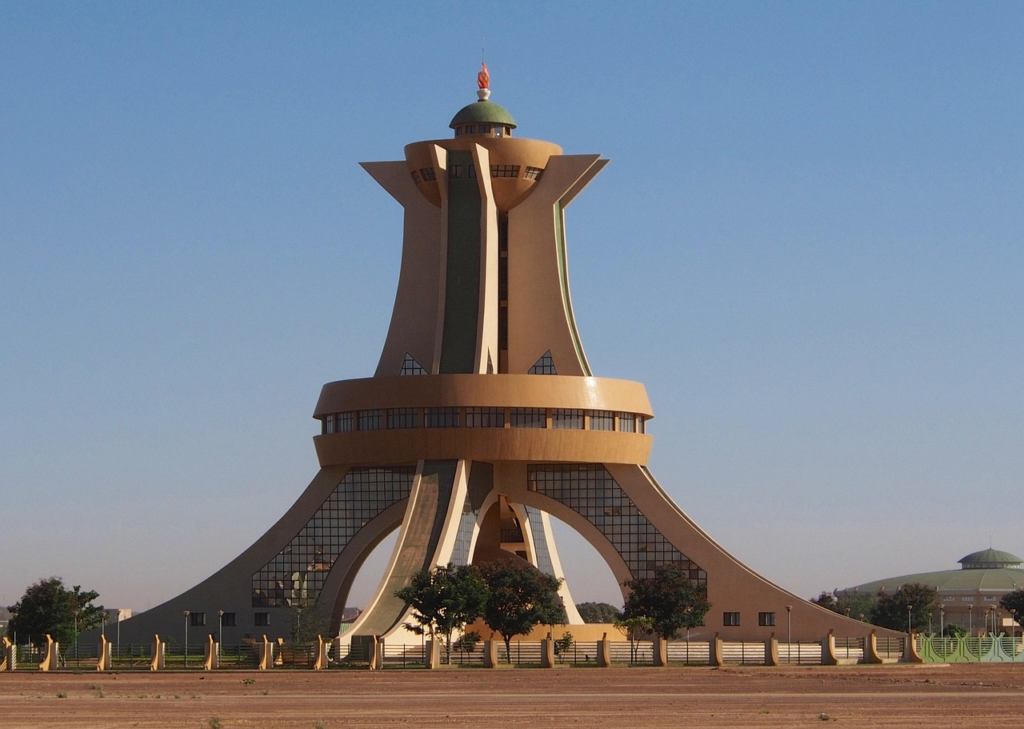The military rule — established after the 2022 military coup — was extended in Burkina Faso without the participation of most political parties, leading to concerns. According to multiple sources including the BBC and CNN, the announcement of the extension for five years was made this month under a new Accord reached after a two-day national consultation meeting in the capital city, Ouagadougou, participated by civil society representatives, the security and defense forces and lawmakers in the transitional assembly and signed by acting president Ibrahim Traoré. But the extension of the military rule is not the solution to various problems that resulted from and caused the Burkina Faso military coup.
It is notable that there are diverse problems that caused and resulted from the military coup in Burkina Faso, a troubled democracy that has been governed by the army since January 2022 when Lieutenant Colonel Paul-Henri Damiba seized power from President Roch Kaboré and which experienced another coup in September 2022 by Captain Traoré that ousted Colonel Damiba, including insurgency and the uncertainty of elections. Though the main reason for the 2022 January coup was the failure of the elected government to tackle the insurgency, two successive coup leaders failed to end it and bring peace. While it persisted during the rule of Damiba, it still persists under Traoré, who promised to restore civilian rule within 21 months but did not do so probably driven by several factors including the persistent insurgency and the intention to remain in power.
Whether it is possible to end the perilous situation by successfully ending insurgency and whether an elected government is unable to tackle insurgency remain questionable. Notably, the military governments have made efforts to address insurgency challenges. The Traoré government declared ”total war” and carried out military actions against insurgent groups including the rebels affiliated with al-Qaida and the Islamic State group that have waged a grinding insurgency since 2015, which has killed thousands and displaced millions of civilians. But the successive military governments have failed to tackle insurgent groups, which get support from external sources. There are various flaws in the steps taken including ineffective plans to tackle insurgencies in Burkina Faso and discarding talks with homegrown insurgents.
There is also the proliferation of weapons, the trafficking and diversion of weapons and ammunition, which fuel conflicts in the Sahel region and threaten security across the West African region including Burkina Faso, and the complex ethnic and tribal dynamics that largely remained unaddressed. Consequently, successfully fighting insurgents is a time-consuming endeavor — probably. Moreover, there is a lack of civilian rights protection efforts. International and human rights groups have accused Burkina Faso of serious human rights violations in its fight against insurgent groups including the indiscriminate killings and forced disappearances of civilians. Under such a context, fighting against the insurgency with an elected government may not be as unreasoned as is deemed.
It is important to address the insurgency groups and the reasoned concerns of opposition parties including holding elections in Burkina Faso. Discussions with political parties and their consent could have strengthened the military government and ensured its legitimacy. Talks between the military government and political parties may help generate political support and address their grievances. But the elections at the soonest possible time can establish an elected government in Burkina Faso early. For this, a strong commitment of the military government is vital. Among others, the media needs to be given freedom and silencing opposition leaders also needs to be ended.
Amir M Sayem
Chief Editor
Dhaka Opinion Magazine

